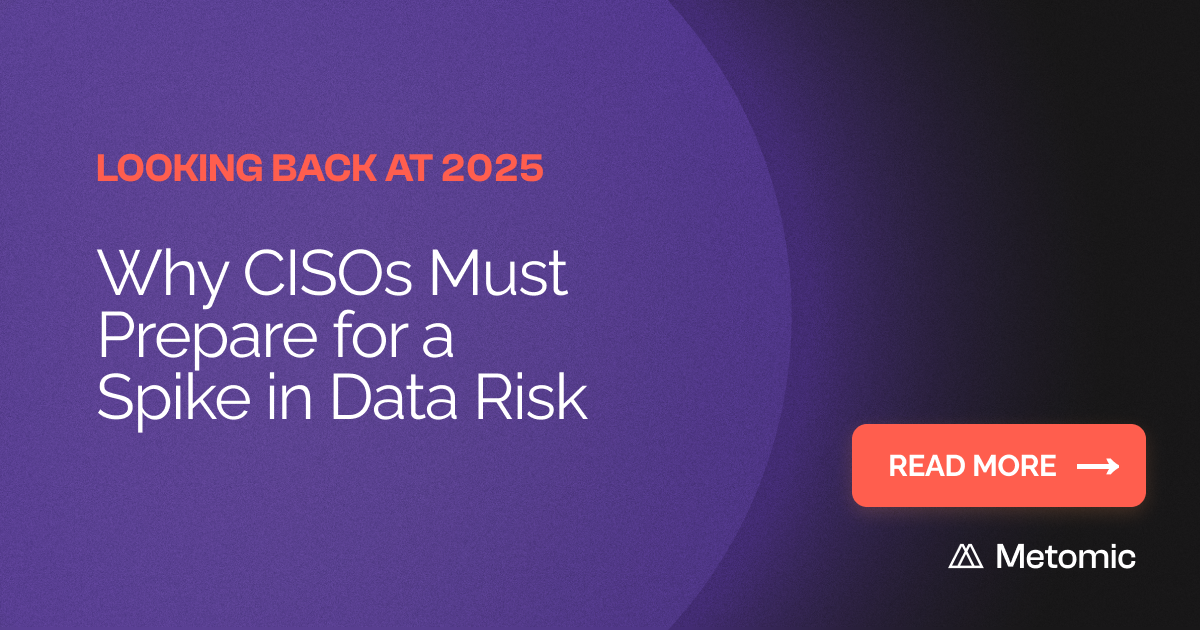5 Tips for Managing Slack Guest Account Security
In this article, we discuss how to manage Slack guest account security effectively.

5 Tips for Managing Slack Guest Account Security
In this article, we discuss how to manage Slack guest account security effectively.

Key Points:
- Guest accounts on Slack can be a security risk if not managed properly. They can lead to data leaks, unauthorised access, and compliance issues.
- There are several best practices for managing Slack guest account security. These include minimising access, implementing strong authentication, monitoring and auditing activity, educating and training guests, and using tools to secure sensitive data.
- By following these best practices, businesses can mitigate the risks associated with guest accounts and ensure a secure collaborative environment. This allows them to leverage the benefits of Slack without compromising security.
Since its launch in 2014, Slack has revolutionised the way companies communicate. It has replaced email with something faster, and better organised. Its ability to integrate with various tools and allow seamless interaction makes it indispensable for modern businesses.
However, as with any powerful tool, managing security—particularly for guest accounts—is crucial. Guest accounts, which are often used to give external collaborators limited access, can become potential security risks if not handled properly.
Understanding Slack Guest Accounts
Before diving into security measures, it's important to understand what Slack guest accounts are. Slack offers two types of guest accounts: single-channel guests and multi-channel guests. Single-channel guests can only access one channel, making them ideal for temporary collaborators. Multi-channel guests, on the other hand, can access multiple channels as specified by the admin.
Why Focus on Guest Account Security?
Guest accounts, by design, have limited access compared to regular members. However, they can still pose significant risks if not managed properly. These risks include:
- Data Leaks: Guests might inadvertently or maliciously share sensitive information outside the organisation.
- Unauthorised Access: If a guest account is compromised, it can serve as an entry point for attackers.
- Compliance Issues: Mismanagement of guest access can lead to non-compliance with data protection regulations.
Best Practices for Managing Slack Guest Account Security
1. Minimise Access
Grant the Least Privilege: Only give guests access to channels that are absolutely necessary for their role. For instance, if they only need to collaborate on a specific project, restrict their access to the relevant project channel.
Regularly Review Access: Periodically review guest accounts and their permissions. Ensure that their access is still necessary and adjust or revoke permissions as needed.
2. Implement Strong Authentication
Use Two-Factor Authentication (2FA): Require 2FA for all guest accounts. This adds an extra layer of security, making it harder for attackers to gain access even if login credentials are compromised.
Enforce Strong Password Policies: Ensure that guests use strong, unique passwords. Educate them on the importance of password security and consider using tools like password managers.
3. Monitor and Audit Activity
Enable Audit Logs: Use Slack’s built-in audit logs to monitor guest account activities. This allows you to detect any suspicious behaviour early.
Set Up Alerts: Configure alerts for unusual activities, such as login attempts from unknown locations or devices. This helps in quickly identifying and responding to potential security threats.
4. Educate and Train Guests
Security Training: Provide basic security training for all guests. Make sure they understand the importance of data security and the specific policies they need to follow.
Regular Updates: Keep guests informed about any changes in security policies or procedures. Regular communication ensures that they are aware of the latest security practices.
5. Use Tools to Secure Sensitive Data
Workspace Security Settings: Leverage Slack’s security settings, or an enhanced DLP tool like Metomic, to manage guest access. For example, you can restrict file sharing or app integrations for guest accounts.
Channel Management: Use private channels for sensitive information and ensure that guests do not have access, unless absolutely necessary.
Case Study: Managing Guest Access for a Marketing Agency
Consider a marketing agency working with multiple external clients. Each client is given guest access to collaborate on campaigns. Here’s how the agency manages security:
- Channel Restriction: Each client is given access only to their respective project channels.
- Regular Audits: The admin conducts monthly audits to review and adjust guest permissions.
- Strong Authentication: All clients are required to use 2FA and follow strict password guidelines.
- Security Training: Clients receive a brief security training session during the onboarding process.
- Monitoring: The agency uses Slack’s audit logs to monitor guest activities and set up alerts for unusual behaviour.
Conclusion
Effectively managing Slack guest account security is crucial for maintaining the integrity and confidentiality of your organisation's data. By minimising access, implementing strong authentication, monitoring activities, educating guests, and leveraging data security features in Slack and third party tools, you can mitigate the risks associated with guest accounts. Adopting these best practices ensures a secure collaborative environment.
How can Metomic help?
Metomic for Slack secures your sensitive data stored in the platform. Our solution:
- Locates your sensitive Slack data and identifies risks. Metomic gives you complete oversight over your sensitive data in Slack and pinpoints critical security risks.
- Protects your sensitive data in Slack automatically. Metomic's proven policies automate data redaction, data retention, and employee notifications, without hindering your employees’ workflows.
With Metomic’s protection, you can safely experience the vast productivity benefits of Slack.
We’ve helped customers like Oyster, who said: “We can police Slack to see if people are posting information that they shouldn’t. But a tool like Metomic makes it a lot easier for us to do that.”
To learn more about how our solution secures your Slack data, request a personalised demo.





.png)